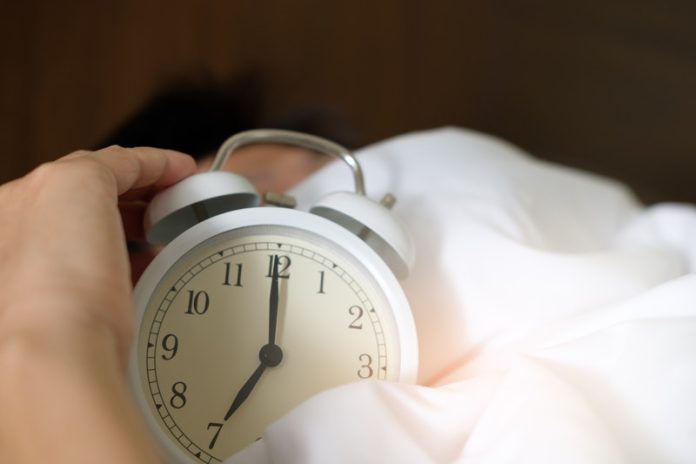
Many of us think that sleep is always a good thing, right? But for some people with depression, staying up all night can actually make them feel happier.
It’s a weird puzzle that the brainy folks at the University of Pennsylvania decided to solve.
They put on their lab coats and got to work, using their giant magnetic camera (it’s called an MRI machine) to take pictures of what happens in our brains when we miss a night’s sleep.
The Busy Days and Sleepless Nights of the Study
Their brave volunteers (38 healthy folks and 30 people with depression) stayed in the hospital’s lab for five days and nights.
During the day, they sat still while the giant camera took pictures of their brains at rest (210 pictures for each person!).
At night, some were lucky and slept like logs. But some didn’t sleep a wink on the second night.
This gave the researchers a chance to see how a good night’s sleep, no sleep, and then catching up on sleep affected their mood and their brains.
A Mood Roller Coaster
Not surprisingly, missing sleep made most people grumpy. But for some of the people with depression (almost half of them!), a sleepless night lifted their mood.
On the other hand, two nights of good sleep after being up all night made 20 out of 30 people with depression feel better.
The Brain Game
Our brain has a special part called the amygdala. It’s like a superhero who’s always on high alert, ready to protect us from danger.
Another part of the brain called the anterior cingulate cortex, or ACC for short, helps us manage our feelings. In people who felt better after a sleepless night, the connection between the amygdala and the ACC was stronger.
The Dream Time Twist
Why do some people’s moods improve after a sleepless night while others don’t? The answer could lie in how much dream sleep (also known as REM sleep) we get.
People with depression often have too much REM sleep. This could make the ACC less effective at controlling the amygdala.
So, staying up all night and missing out on REM sleep might give the ACC a chance to get back in the driver’s seat and help lift a person’s mood.
The Future of Happy Sleepless Nights
This study might sound a bit confusing, but it’s a big step forward. It shows that not getting enough sleep can actually be good for some people with depression.
And it gives scientists a new way to think about treating depression.
Maybe in the future, we’ll have treatments that help our brains react to a lack of sleep in a way that lifts our mood, rather than making us grumpy. Now, isn’t that something to stay up for?
If you care about sleep, please read studies about exercise that can help you sleep better, and this new drug could reduce symptoms of sleep apnea.
For more information about wellness, please see recent studies about drugs that can treat sleep loss and insomnia, and results showing early time-restricted eating could help lose weight.
The study was published in PNAS. Follow us on Twitter for more articles about this topic.
Copyright © 2023 Knowridge Science Report. All rights reserved.



